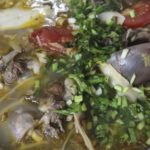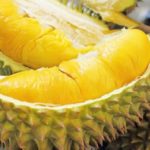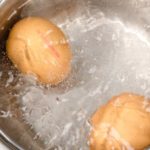Eggs
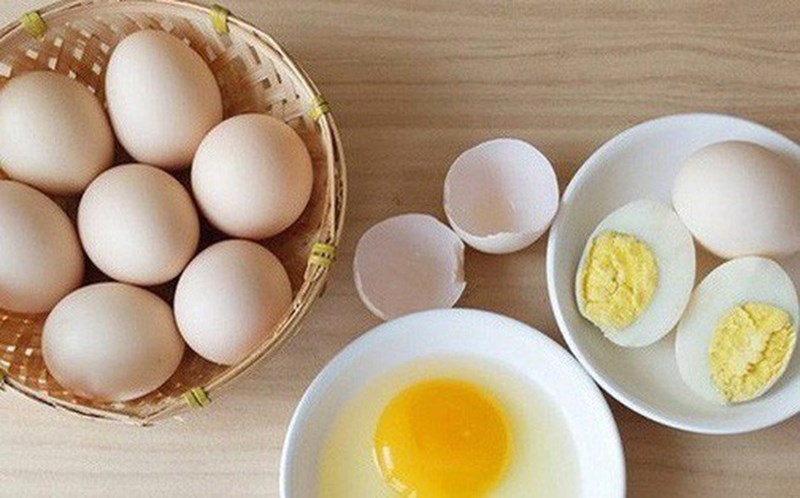
Eggs are an ideal choice for a child’s breakfast. Eggs are a highly nutritious food. They contain protein, fat, a small amount of carbohydrates, various vitamins, and minerals. The protein in egg whites contains a complete composition of amino acids in a balanced ratio, with a particularly high biological value compared to other protein types, which is almost completely absorbed and utilized by the body.
In addition, the egg yolk contains a valuable source of fat called Lecithin, which is usually scarce in other foods. Lecithin is involved in the composition of cells and fluids in the body’s tissues, especially the brain. Many studies have shown that Lecithin regulates cholesterol levels, prevents cholesterol accumulation, promotes the separation of cholesterol, and excretes the resulting components from the body.
However, for children, it is better to eat the egg yolk. This is a great dish for breakfast, but it should not be consumed too frequently. You can give your child two servings of eggs (sunny-side up or boiled) each week. On the remaining days, you can choose other protein sources such as chicken, duck, fish, shrimp (in noodle dishes), beef, pork (in pho, hủ tíu dishes).
Milk and dairy products
A glass of cow’s milk, soy milk, or low-fat/no-fat yogurt is an excellent addition to a quick breakfast for children. Most school-age children need three servings of milk, yogurt, or cheese daily. Milk also contains high amounts of protein, calcium, iron, vitamins, and minerals necessary for children of school age.
Cereals
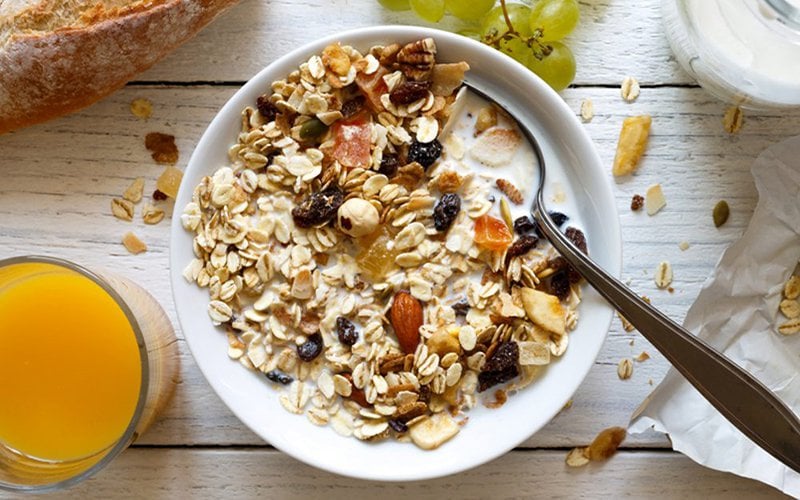
A small amount of cereal will be a gentle first breakfast for children. A balanced breakfast includes protein, fat, and carbohydrates in a ratio of 14:25:61. Among them, carbohydrates in cereals have the highest proportion.
However, parents should also remember that if they consume too much bread, rice, or cereals for breakfast, their children’s bodies will have excess energy that is unnecessary. A meal that only consists of cereals but lacks protein will result in less flexible brain activity and drowsiness. Therefore, you should only give your child a moderate amount of cereals.
Porridge
Porridge is one of the easy-to-cook, easy-to-eat, and easy-to-digest breakfast dishes for children. You can cook porridge using oatmeal or brown rice, along with minced meat, minced shrimp… and red beets. Then, add a glass of unsweetened low-fat milk or a smoothie for your child. Rest assured that porridge is a great breakfast for your child to go to school, making your child full and full of energy to start a new day.
Bananas
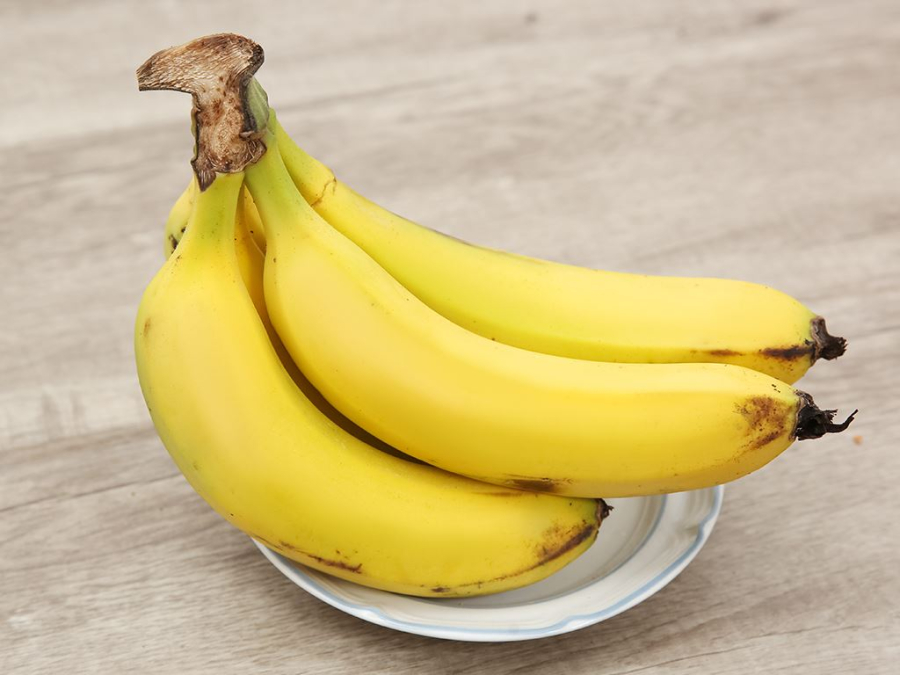
Bananas are also a trusted food for a child’s breakfast. Many mothers often underestimate the value of bananas and fail to take advantage of this wonderful fruit. Truly, bananas contain a lot of fiber, potassium, and various vitamins such as vitamin C, B2, B6…which are essential for children. In addition, bananas treat digestive disorders in children, eliminate harmful bacteria in the intestines. Moreover, the sweetness of bananas helps children feel full for a long time and avoid feeling hungry early while waiting for lunch.
Savory Sticky Rice
Sticky rice is a breakfast dish for children that is no longer unfamiliar to Vietnamese people. You can cook white sticky rice or cook sticky rice with mung beans or peanuts to increase the nutritional value for your child. A savory sticky rice dish can include ingredients such as sticky rice, Chinese sausage, pork pate, pork floss, liver sausage, quail eggs…or any other savory dish that your family has. As long as the ingredients of the dish are fresh, nutritious, and suitable for your child’s preferences, you have succeeded in cooking a wonderful breakfast dish for your child. Don’t forget to serve your child a dessert with fruits or a smoothie!
























